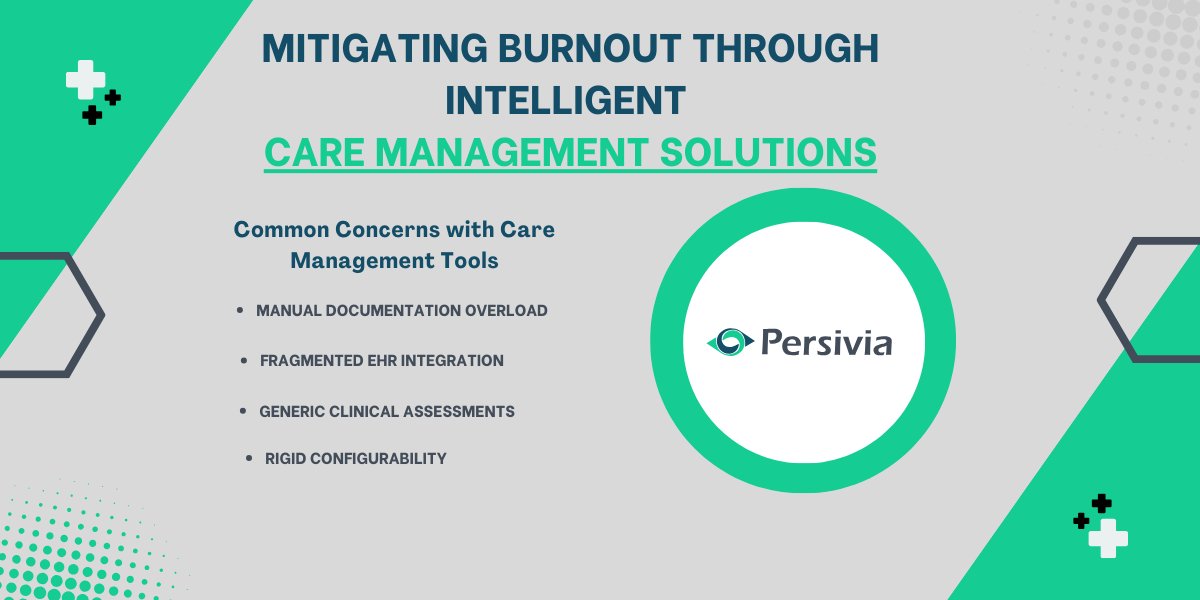
Law Firm Management: How Technology is Driving Efficiency
Law firms today face increasing pressure to manage cases efficiently while delivering exceptional client service. Traditional methods such as manual paperwork, outdated billing processes, and fragmented case tracking are no longer sustainable in a competitive legal landscape.
The best legal case management software is essential for optimizing law firm operations. By utilizing advanced legal technology, firms can simplify daily workflows, automate routine tasks, and stay compliant with legal regulations.
Adopting legal practice management solutions enables law firms to enhance productivity, improve collaboration, and reduce administrative burdens. In this article, we’ll explore how technology is transforming law firm management, the key features of cloud-based legal software, and best practices for implementation.
The Role of Technology in Modern Law Firms
1. Enhancing Workflow Automation
Legal workflow automation eliminates bottlenecks in case handling by automating repetitive tasks. From document generation to scheduling court appearances, technology ensures that law firms can focus on legal strategy rather than administrative work.
By implementing the best legal case management software, attorneys can streamline these processes even further. This software allows for:
- Automated case tracking and document organization
- Standardize workflows for improved consistency
- Reduce errors and compliance risks
2. Improving Client Intake and Communication
An efficient client intake software system helps law firms manage new cases seamlessly. With a cloud-based solution, firms can benefit from:
- Secure online client onboarding
- Automated follow-ups and appointment scheduling
- Instant access to case details from anywhere
Firms that invest in cloud-based legal software can offer a seamless experience, ensuring better client satisfaction and retention.
Key Benefits of Legal Technology for Law Firms
1. Streamlined Document Management
Law firms generate a massive volume of paperwork daily. Document automation for lawyers simplifies this process by:
- Automatically drafting contracts, pleadings, and agreements
- Organizing legal documents in a centralized digital repository
- Reducing human errors and ensuring version control
2. Efficient Time Tracking and Billing
Accurate time tracking is essential for attorneys to ensure precise invoicing and maximize profitability. Legal technology solutions provide:
- Automated time logs to capture billable hours
- Transparent billing reports for clients
- Seamless integration with legal billing solutions
These tools not only improve financial management but also help law firms comply with billing regulations.
3. Optimized Task and Case Management
Managing multiple cases and deadlines can be overwhelming. With task management for law firms, attorneys can:
- Assign and track tasks efficiently
- Set reminders for important deadlines
- Collaborate with team members in real-time
Law firms that utilize technology-driven task management tools can avoid missed deadlines and enhance team productivity.
Choosing the Best Legal Case Management Software
- Scalability – Can the software grow with your firm’s needs?
- Integration – Does it integrate seamlessly with your existing legal tools?
- Security – Is it compliant with data protection regulations?
- User-Friendliness – How easy is it to onboard and train staff?
- Case Tracking – Efficiently manage cases and legal documents.
- Automated Billing – Streamline invoicing and payment processing.
- Enhanced Organization – Keep your firm competitive and well-structured.
Best Practices for Implementing Legal Technology
1. Assess Your Law Firm’s Needs
- Conduct a thorough assessment of your firm’s workflow.
- Identify inefficiencies and determine which features align with your business goals.
2. Train Your Team Effectively
- Provide hands-on training sessions for a smooth implementation.
- Offer access to learning resources to help attorneys and staff adapt to new legal workflow automation tools.
3. Prioritize Data Security and Compliance
Ensure the selected software prioritizes security with features such as:
- End-to-end encryption
- Multi-factor authentication
- Regular data backups
4. Monitor Performance and Optimize
- Track the performance of your legal practice management solution.
- Utilize analytics tools to track efficiency improvements and refine the processes to maximize productivity and client satisfaction.
Embracing Opportunities in Legal Technology Implementation
Adopting legal technology brings numerous opportunities to enhance law firm operations, and with the right approach, potential challenges can be transformed into success stories. Here’s how law firms can turn these opportunities into positives:
Embracing Change for Long-Term Gains
Transitioning to new technology systems may seem daunting at first, but it opens the door to growth and improved efficiency. Law firms can successfully embrace these changes by demonstrating how they reduce administrative workload and enhance productivity.
Staff members often appreciate the value of new technology once they receive proper training and hands-on support, making daily tasks smoother and more efficient.
Seamless Data Integration and Migration
Migrating data from legacy systems to modern software can be a smooth and efficient process. By working closely with software vendors, law firms can ensure secure and seamless data transfers while integrating new systems effectively.
A well-executed migration enhances technology infrastructure and ensures secure, streamlined access to case records.
Maximizing Value Within Budget
While the upfront cost of legal technology may seem high, it is a long-term investment that drives profitability. Many software providers offer flexible pricing models, allowing firms to scale their technology expenses as they grow or adjust operations.
The combination of strategic long-term benefits, including better service, enhanced operational efficiency, and shortened timeframe, allows law firms to rapidly recoup their investments and create major impacts for their operations.
Law firms that adopt a growth-oriented mindset in these areas can maximize the value of their technology investments, strengthening overall business performance and positioning themselves for long-term market success.
Future Trends in Law Firm Technology
As legal technology continues to evolve, law firms must stay ahead of emerging trends to remain competitive. One key development is the use of Artificial Intelligence (AI) for legal research, where AI-powered tools can analyze vast legal databases to provide valuable insights and identify relevant case precedents.
Another significant trend is the integration of blockchain technology for legal contracts, enabling secure, automated transactions through smart contracts, which helps reduce the likelihood of disputes. Additionally, virtual law offices are becoming more prevalent, with remote collaboration tools allowing law firms to operate efficiently without the need for physical office spaces, offering greater flexibility and cost savings.
Conclusion
The utilization of modern technology has become mandatory for all law firms. The optimal use of the best legal case management software enables law firms to manage their cases optimally while delivering better client service and operating more efficiently. The implementation of suitable technological solutions that span from automation for lawyers' documents to time-tracking for attorneys leads to major professional workflow transformations.
Modern law firm software investments both secure future legal practices and deliver flexible professional tools to attorneys for their successful market competition. The time calls for law firms to adopt workflow automation in law to reach their maximum technological potential.
FAQs
How can legal case management software improve efficiency in law firms?
Legal case management software helps automate administrative tasks, streamline document management, track cases, and improve collaboration, allowing law firms to enhance productivity and reduce operational burdens.
What are the key features to look for in legal technology solutions?
Key features include scalability, integration with existing tools, security compliance, user-friendliness, automated billing, and efficient case and document tracking to optimize law firm operations.
How can law firms ensure a successful implementation of legal technology?
Successful implementation involves assessing your firm’s needs, providing effective training, prioritizing data security, and monitoring performance to optimize workflows and ensure smooth adoption of new software.

Law Firm Management: How Technology is Driving Efficiency

Most Popular Social Networks: Dominating Online Platform







